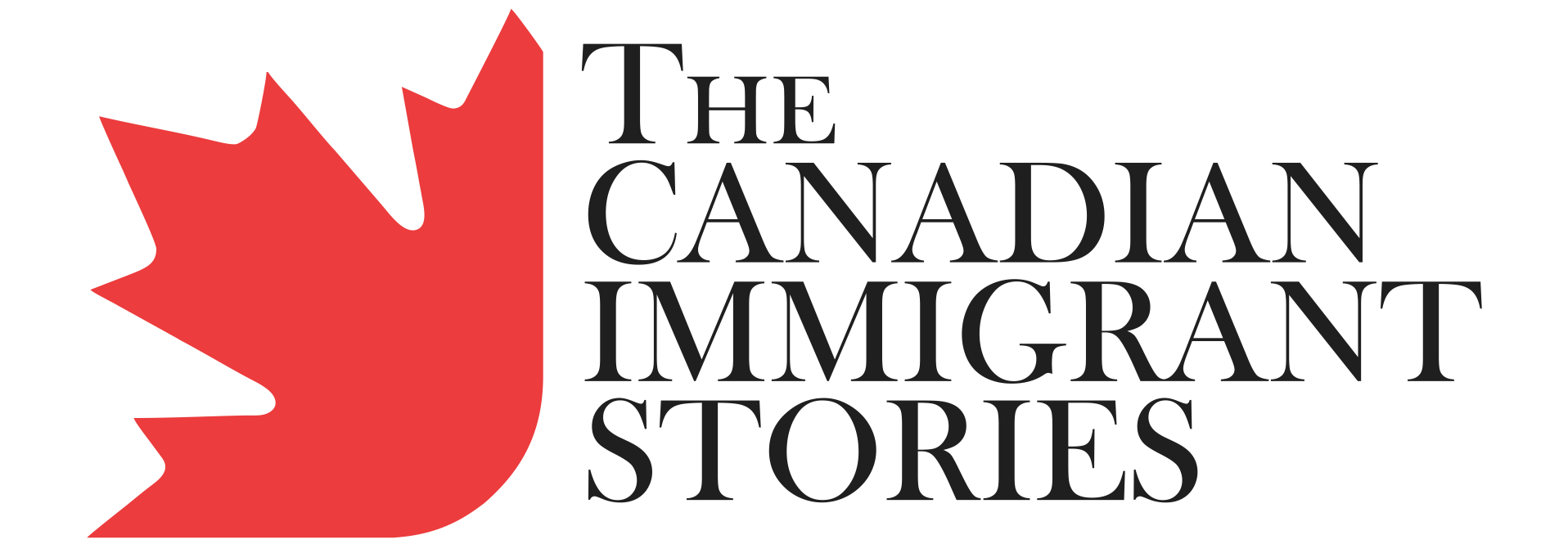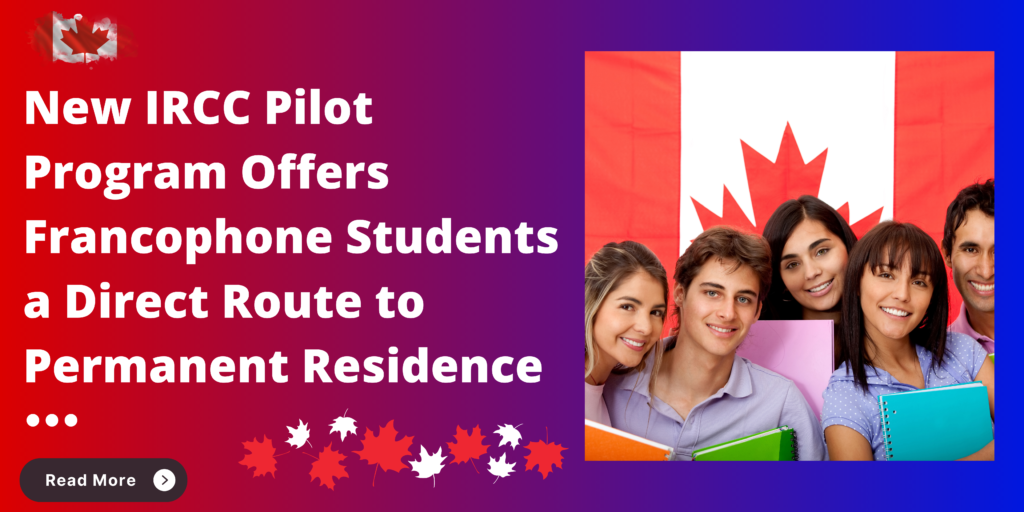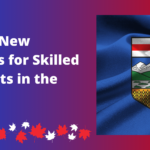Today, Marc Miller, the Minister of Immigration, Refugees, and Citizenship, unveiled an exciting new immigration pilot designed to enhance opportunities for international students in Francophone communities across Canada. The Francophone Minority Communities Pilot Program (FMCSP) aims to streamline the process for students from Africa, the Middle East, and the Americas to study in Canada and eventually become permanent residents.
What’s New with the FMCSP?
The FMCSP, launching on August 26, 2024, will initially accept 2,300 students in its first year, with the cap set to be reassessed in August 2025. Here’s what the program offers:
- Eased Entry Requirements: Students and their families will no longer need to prove they will leave Canada after their temporary stay. Additionally, the financial requirements will be adjusted to reflect 75% of the low-income cut-off for the municipality where the educational institution is located.
- Pathway to Permanent Residence: Students completing their programs will have a direct route to permanent residency and access to settlement services.
Eligibility Criteria
To apply, students must:
- Have a letter of acceptance from a participating Designated Learning Institution (DLI) under the FMCSP.
- Be enrolled in a full-time, post-secondary program taught in French (more than 50% of the classes).
- The program must be at least two years long and lead to a degree or diploma.
Eligible countries include Benin, Burkina Faso, Cameroon, Haiti, Morocco, Senegal, and several others.
Family Accompaniment
Students in the FMCSP can bring their spouses, common-law partners, or dependent children. Partners may be eligible for a visitor visa, open work permit, or study permit.
Exemptions from Recent Changes
Participants in the FMCSP are exempt from some recent changes in Canada’s international student policies, such as the need for a Provincial Attestation Letter (PAL) and the IRCC’s processing cap for international student applications.
Expansion of the Welcoming Francophone Communities Initiative
In addition to the FMCSP, Minister Miller announced the inclusion of 10 new Francophone communities in the Welcoming Francophone Communities (WFC) initiative. This program supports the integration of Francophone newcomers and offers services such as community building, skills development, and employment assistance.
New communities added to the initiative include:
- British Columbia: Nanaimo
- Manitoba: Red River (Ritchot, Salaberry, Montcalm, St-Pierre-Jolys)
- Nova Scotia: Chéticamp (including St. Joseph du Moine)
- New Brunswick: Belle-Baie, Caraquet, Restigouche West Region
- Saskatchewan: Prince Albert
- Ontario: Cornwall, Cochrane District, London
This expansion brings the total number of participating communities to 24, reflecting Canada’s commitment to increasing Francophone immigration and balancing the use of both official languages, especially outside Quebec.
Canada’s Commitment to Francophone Immigration
These initiatives are part of Canada’s broader Francophone Immigration Policy, which aims to ensure that 6% of all newcomers are French-speaking. The Official Languages Act underscores the importance of enhancing the vitality of French linguistic minority communities, and these programs are key steps toward achieving that goal.
Liane Roy, President of the Fédération des communautés francophones et acadienne du Canada (FCFA), highlights the WFC initiative as a testament to the commitment of Francophone and Acadian communities to support immigrants and promote inclusion.
With these new programs, Canada is making significant strides in welcoming and integrating Francophone students and strengthening the presence of French across the country.



